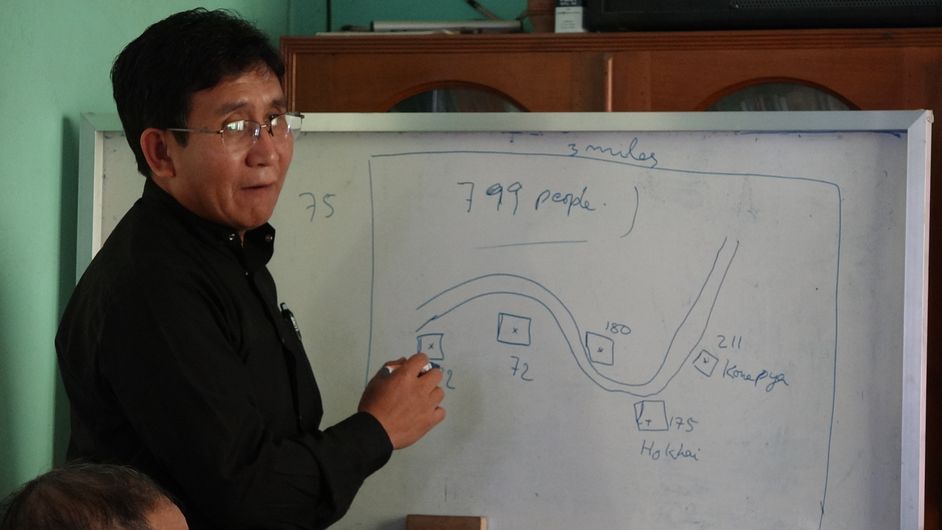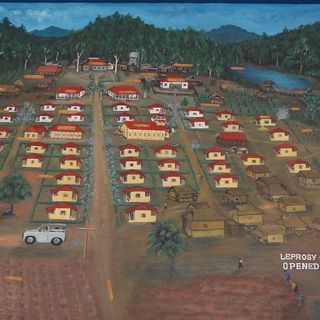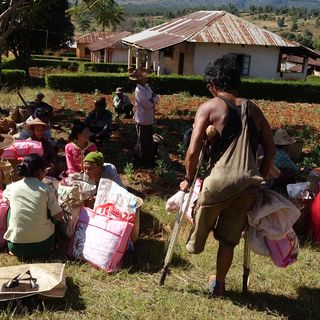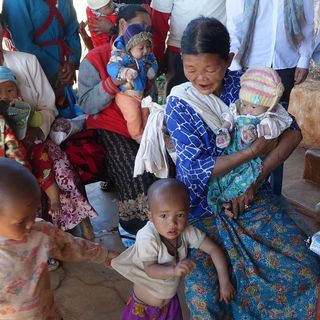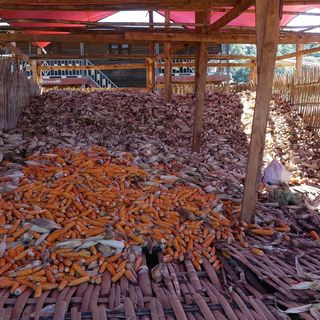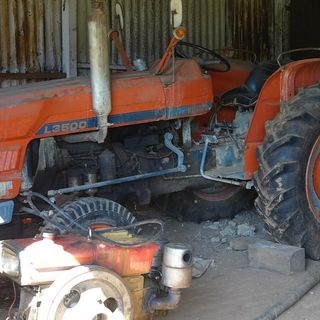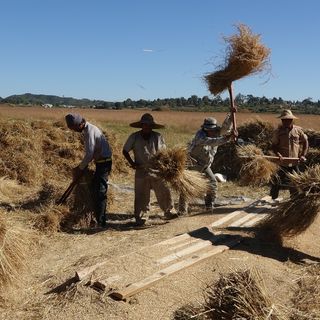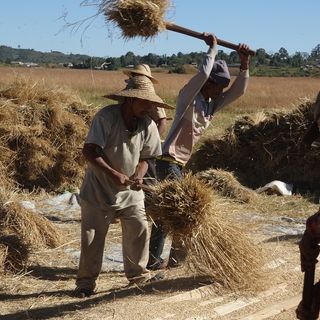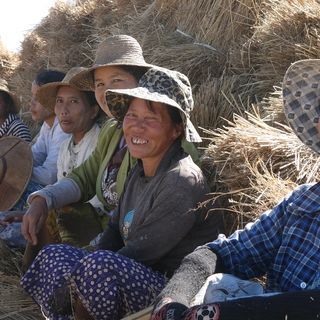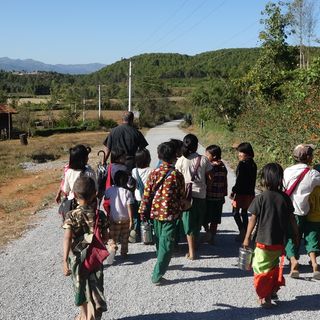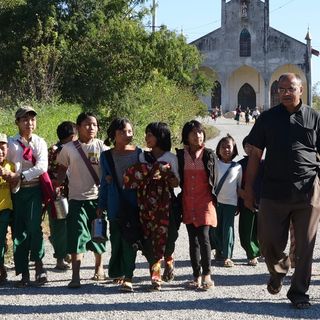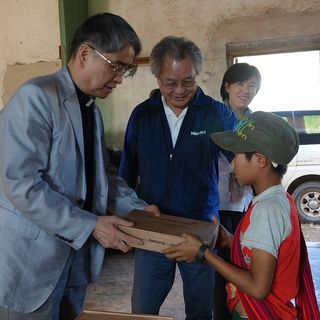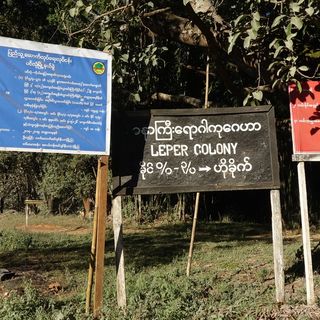2014: Loilem, Myanmar
Leper village Loilem in Shan State, Myanmar
According to World Bank data, Myanmar is one of the poorest countries in southeast Asia. Today the country, which was under military rule until 2011, has about 55 million inhabitants.
The battle against leprosy is not even close to being won in Myanmar. According to WHO plans, the disease should have disappeared long ago, but the reality is different. The World Health Organization assumes about 3000 new cases of leprosy annually, with a trend to increasing numbers.
At a meeting of Asian bishops in 2013 the Archbishop of Taunggyi, Matthias U. Shwe, asked the St. Lazarus Fund for assistance with the leper colony Loilem, which is in his diocese. Loilem is in the state of Shan, 10km from the next city in the southeast of the country, and was founded in 1938 by the Italian priest Perico. The colony consists of several villages with a total of 720 inhabitants, who are mostly living in family groups. About 200 of these inhabitants are infected with leprosy. Due to their exclusion from society and the remoteness of their villages the inhabitants must, for the most part, care for themselves. There is not enough money to purchase missing food and medicine in the required amounts.
The people are cared for by four nuns who work as nurses, and a priest, Father Than.
Father Than therefore turned to us, for support in the first step of a 2-year project to establish a lasting agriculture production. The primary goal is to enable the inhabitants to be self-sufficient with food. Additionally, money for the residents should be earned from the sale of agricultural products. This goal requires the acquisition of agricultural equipment, seed and cattle, instruction for the inhabitants in the use of the equipment, as well as all other agriculture related issues including instruction on the possibilities of marketing their produce. If this works out then it would be an opportunity for the colony, over time, to become independent of financial support from third parties.
The other points on Father Than’s list of required measures cover the supply of medicine, instruction for the inhabitants in questions of hygiene and health care, and school and vocational instruction for the inhabitant’s children.
The costs of the acquisition of equipment, cattle, seed and starter cultures and the associated educational measures is estimated to be USD 80,000 in 2016. We will support the leper colony Loilem in 2016 with this amount. We also anticipate contributing financially to assist Loilem in the next few years. For this reason some of the representatives of the board of directors of St. Lazarus-Fonds Europe e.V. will travel in December 2015 to Myanmar and with Father Than discuss and decide on the extent of the required assistance.
